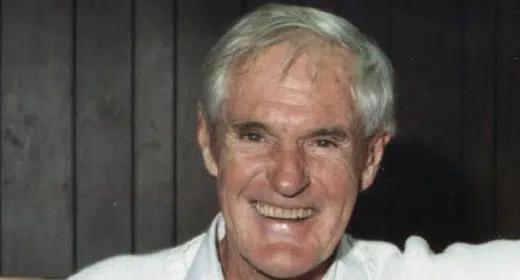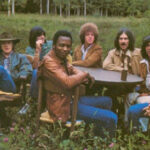by Jack Canfield: By acknowledging and facing fears, we can reach the other side…
By all accounts, Nelson Mandela was one of the greatest people ever to walk the face of the earth. In his 95 years, he rose from small-town law student to President of South Africa, all despite being held as a political prisoner for 27 years.
As someone who could have easily lived the rest of his life in fear and bitterness, Mandela took the high road, overcoming and embracing his fears for the betterment of the world.
Among his many memorable quotes is one that really stands out: “The brave man is not he who does not feel afraid, but he who conquers that fear.”
It’s a powerful statement.
I believe if you examine your own life, you’ll probably find that it rings true for you, too.
The fact is, fear is a learned behavior.
When we’re born, we only have a natural fear of two things: loud noises and falling backward.
Literally everything else we come to fear in life comes through learning. And if there’s one thing we humans are really good at, it’s learning to fear the unknown.
So, when Mandela says one of the most important things a human can do is to face their fears, he’s speaking from a lifetime of experience we can all learn from.
Over the years, I’ve come to develop a methodology for conquering your fears, which I’m sharing here.
Give these a try next time you’re feeling overwhelmed by fear.
Acknowledge the Fear
By stopping to notice any fear you’re experiencing, you can start to put some distance between yourself and the object of your fear.
Instead of telling yourself “I am afraid,” say, “I am feeling fear.”
Feel the Fear
Don’t fight fear.
Doing so tends to have a counterintuitive result, i.e. you experience more fear.
Instead, sit with the discomfort.
Try to actively think of something that scares you and feel the fear. Believe it or not, this can help the fear to begin to subside.
Stop Imagining the Negative Outcome
When you sit with your fears, it’s important to imagine better outcomes than you normally would.
Usually, when we feel fear, we tend to catastrophize everything, but this is an irrational approach that does you no good.
Instead, imagine the more likely positive outcome.
Use Mindfulness
Bringing your mind back to the present moment is called mindfulness, and it’s a powerful tool to have in your arsenal.
Focus on your breath.
When your mind wanders, bring your attention back to your breath. Your mind will wander many times and that’s OK. Just return to your breath every time.
It’s not how many times you get knockhaed down that counts, but how many times you get back up.
Replace the Scary Image With A New Image
Many of our fears have mental images associated with them.
By working to replace negative images with positive ones, you’re creating new associations with your imagination.
Use EFT
Emotional Freedom Technique (EFT) or “Tapping Therapy” is something I strongly recommend to overcome your fears.
It involves tapping on the body’s nine acupressure points to help release negative emotions.
Visit www.jackcanfield.com/workbook-resources to watch a video demonstrating tapping.
Process the Fear
Finally, it’s critical to process any fear you’re feeling.
Maybe you’ve felt a certain way for many decades because of an early childhood experience.
By coming to terms with these experiences, you can start to push through fear.
In my new book, “The Success Principles Workbook,” I do a deep dive on these seven strategies for overcoming your greatest fears.
Activities in the workbook help reinforce these lessons by getting you to take action. Pick up a copy today to get started on conquering your biggest fears.









































